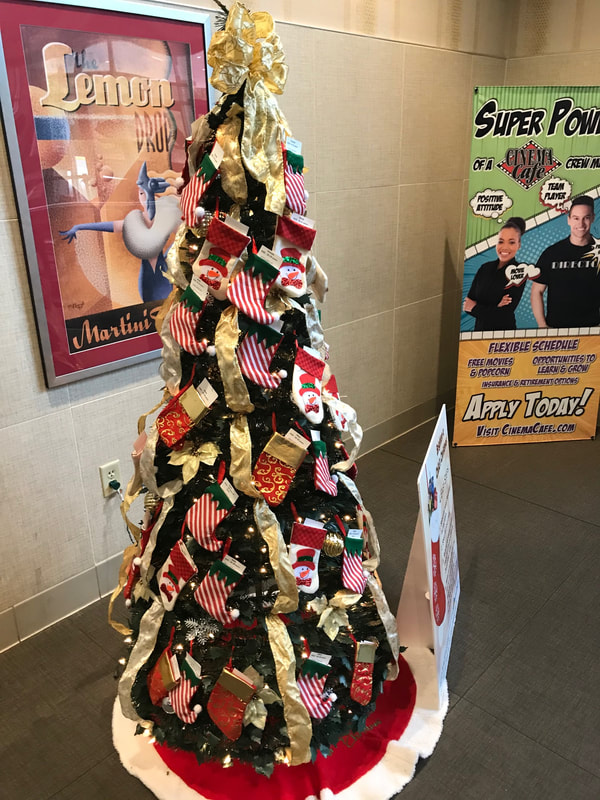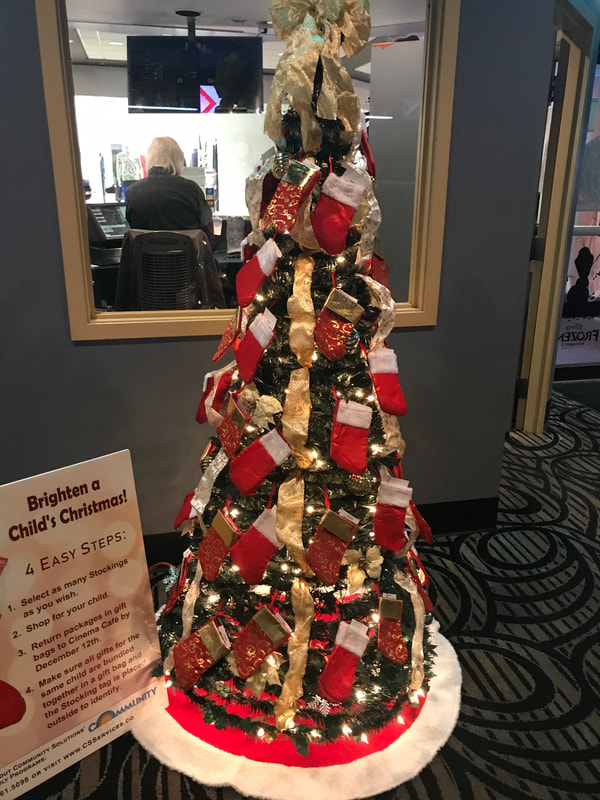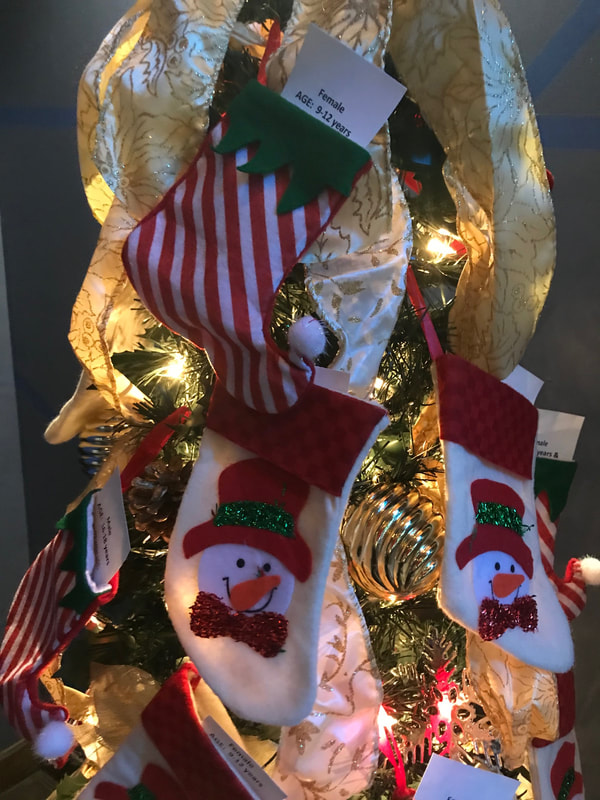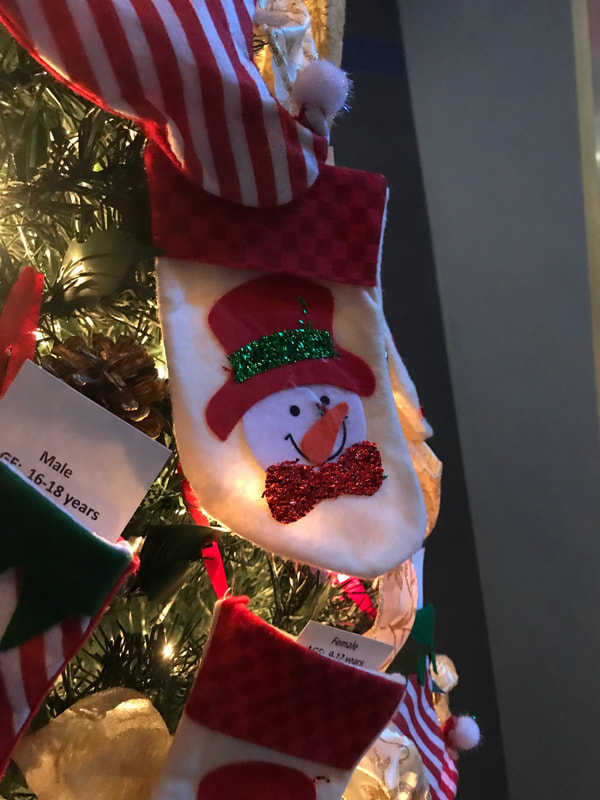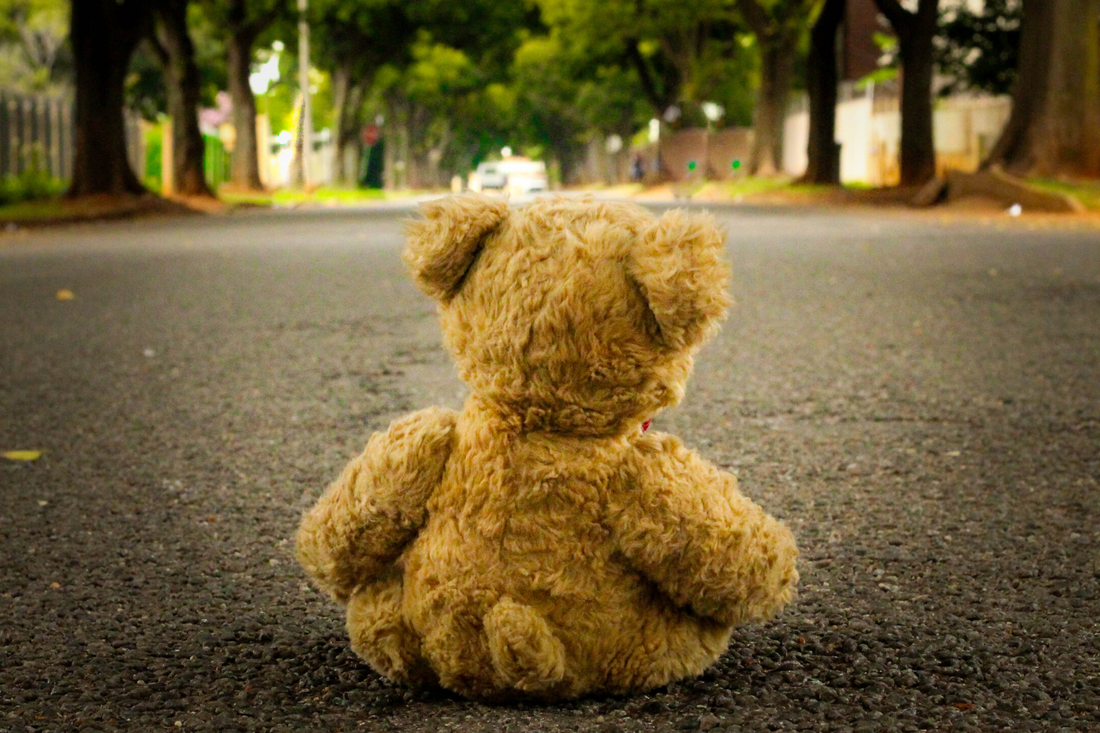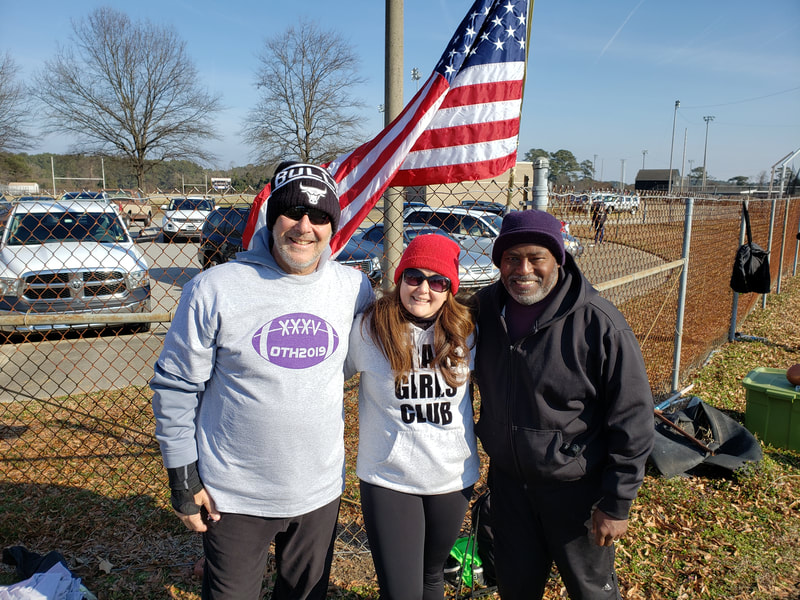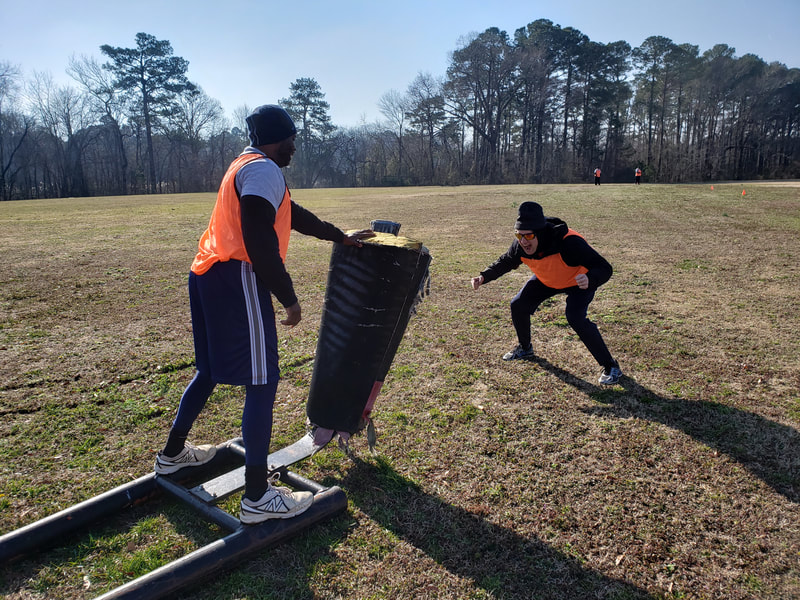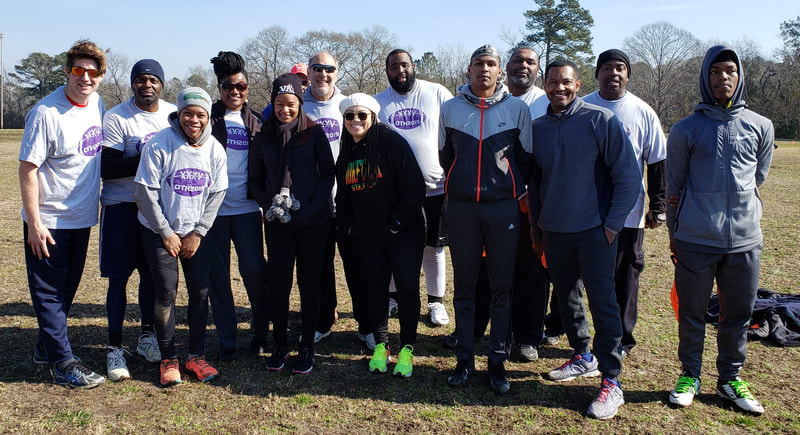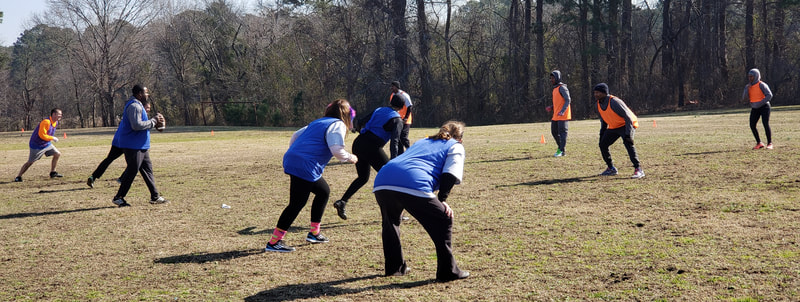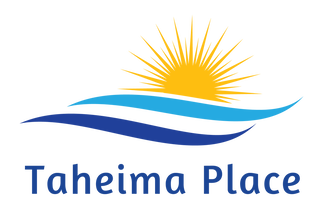|
A big thank you to our partners at Cinema Cafe for participating in the Community Solutions Annual Stocking Tree program. The loyal and generous customers of Cinema Cafe have once again shown their true holiday spirit and love by purchasing gifts for disadvantaged youth throughout Southside Hampton Roads.
From remote control cars to baby dolls to video games, gift cards and clothes, the citizens of our communities are helping to make Christmas brighter for many kids throughout the area who would not have had a present to open otherwise. Again, thank you Cinema Cafe and all of the Christmas Angels who helped us this year!
1 Comment
WHAT IS TRAUMA?
Unfortunately traumatic events can happen to anyone, including children. Some experiences happen once throughout childhood while other events continue to occur on multiple occasions. The event impacts a child differently depending on their developmental age and other factors. Trauma occurs when we become overwhelmed by the impact of the events and struggle to use our usual coping skills. These are some examples of traumatic events:
Age Common Observations 2-5 years (pre-school)
6-12 years (elementary school)
12 – 19 years (middle school & high school)
How can you help your child?
Remember to be available long after you think they “should be over it.” Adapted from The National Child Traumatic Stress Network, the Consortium of Trauma, Illness & Grief and Laura Bray Harting , The Center for Living with Loss by Larry Grossman Thirty-five yeas ago my friend, Larry Sawyer and I (the 2 Larry's) started the Over the Hill Bowl combining our passion for football with the opportunity to support the H.E.R. Shelter, a great organization that provides support to female and child victims of domestic violence here in Hampton Roads. While our football prowess has steadily diminished over the years, the tradition continues and each year old and new friends get together, play football, eat lunch and write checks to support the Shelter. Literally, thousands of players have participated over the past 3 decades and over $200,000 has been raised for the Shelter.
One of the chief goals we have is to increase awareness of the challenges women and children face who live in abusive situations. This past Saturday eight coed teams including the Community Solutions OTH Gang, took the field and had a full morning of touch football, lots of laughs, trophies and yes, even some education about the serious topic of domestic violence. While Larry and I have passed the baton of organizing the Over the Hill Bowl we are confident that the new generation of volunteers will keep it going for many years to come. Kudos to our friend Amy Harmon for volunteering to put the event together the last few years. The Over The Hill Bowl is held the Saturday before the Super Bowl every year in Portsmouth, VA behind Churchland High School. Anyone interested in putting a team in for the 2020 event feel free to call Community Solutions at 757-461-5098 for more information. Prior football experience is not a prerequisite to participate in this fun event! The center will help those battling addiction in Hampton Roads VIRGINIA BEACH, VA – The path to sobriety is easier to navigate thanks to the efforts of Community Solutions and their new residential treatment program – Taheima Place.
A grand opening celebration for select guest, including media, will be held Feb. 8 at the Chesapeake location from 10 am to 4 pm. The program comes on the heels of some disturbing news. Fatal drug overdose has been the leading method of unnatural death in Virginia since 2013, according to the Virginia Department of Health. The 30- to 60-day residential substance abuse program offers a safe, comfortable and structured living environment for men and women seeking a drug and alcohol-free life for 10 residents at a time. The program is based on the tenets of the American Society of Addiction Medicine and is capable of addressing opiate and other substance addiction, alcohol treatment and co-occurring disorders requiring a combination of substance abuse treatment alongside mental health therapies. Clients with insurance, including Medicaid or Medicaid Expansion, have the opportunity to initiate their individual sobriety plan under the direction of trained Certified Substance Abuse Counselors and licensed counselors. The goal is for each resident to develop a realistic lifestyle plan that is implemented while onsite, and most importantly, when graduating from the program. Unique aspects of the program are the financial planning and literacy education, as well as building a supportive network of friends and family plus connecting to people and activities that enhance the chances of a sustained recovery. The program offers many individualized services and interventions including AA and NA group participation, individual and family therapy, nutritional and fitness sessions as well as cognitive behavioral group intervention. All this is done under medical supervision. Residents leave the program with connections to affordable housing as well as employment preparation and career counseling. There is also follow-up care for residents to stay connected, address relapse and offer ongoing support after graduating from the program. The center works with many organizations in the community to create success. Community partners include, but aren’t limited to, the Department of Aging & Rehabilitation Service; Eggleston Services; Job Corp; military recruiters and TowneBank. Community Solutions also works closely with Old Dominion University, Norfolk State University, Tidewater Community College and the Virginia Tech Cooperative Extension. Community Solutions was founded in 2000 to help create a path to a solid future by coming alongside families to overcome barriers as well as set and achieve goals. The agency has recently revamped its services and is offering even more help to the community. Other services include, but aren’t limited to after school programs, educational and parental mentoring, substance abuse services and support for foster children aging out of the system. For more information about Community Solutions visit www.CSServices.co or call 757-461-5098. by Mike Terkeltaub, Community Solutions Director of Project Development  Much of my inspiration as I continue to support children and families comes from stories of resiliency. Many of the books on this list are these types of books. “The Pact” is this type of book. “The Pact” is the story of three young men figuring out life as teenagers. They make a pact to become doctors even though the odds are long. “An Unquiet Mind” is this type of book. Kay Redfield Jamison’s journey as a survivor of mental illness is inspiring. “It Gets Better” is this type of book. Dan Savage and Terry Miller write a terrific book supporting young people in the LGBTQ community and calling for a stop to bullying. I hope folks pass this list along and send me books I should add to this collection.
There are so many other books out there that build on resiliencies while teaching “professionals” how to support children, families and communities. I look forward to learning about them from you. Have a great time reading! Mike |


